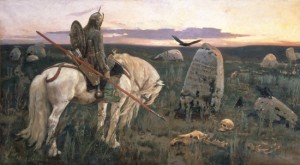Habits aren’t just something that we do, they are small bits of our identity. They are part of the framework we have built our lives on and therefore not easy to change. Life is a full body experience exploding with sensory input in every second, so much so that we need to shut off input for hours at a time not only to let our bodies recuperate, but to let our minds process everything we have felt and learned so that we can become. Habits help us to separate out what is routine from what needs our focused attention. They help us be able to do the mundane things while focusing on creating and living and, hopefully, achieving joy and happiness living fully in the moment.
However, habits are formed based on the needs and the information of the moment. Both of which change from second to second. As we grow and change and become, so should our habits. We should update those that just need to be tweaked to meet our new situation, create new ones that support our becoming, and get rid of the old ones that no longer serve or become injurious. And not just the obviously physically injurious ones like smoking or drinking to excess or talking at the theater. There are also emotional and mental habits that can cause us grief if they remain in play and unexamined after their service is no longer required.
Being hyper alert and sensitive as a child in a war zone or in an abusive family situation is an asset that can help you survive. As an adult its a habit that can cause you mental and emotional distress and even physical issues if taken to an extreme in public or private settings. However, it can be an asset if you’re in the military or your career takes you into potentially dangerous situations (war torn areas, society functions, board rooms). Being analytical is great if your career is in a scientific field, but it’s not necessarily an asset in your personal relationships and can actual prevent you from having healthy ones. Being able to set boundaries around that mindset can save a partnership. Old habits die hard, not just because they are habits and therefore hard to focus on, like an object just outside our peripheral vision, but because they have become part of our identity. They have become how we see ourselves and our world. Changing them means changing who we are and the question then becomes, “Who am I if I am not this?” Which to my mind is one of the best, most exciting questions to ask yourself. The answer(s) may amaze you.

